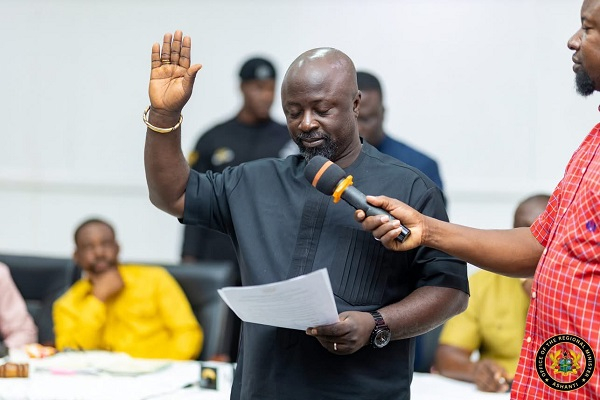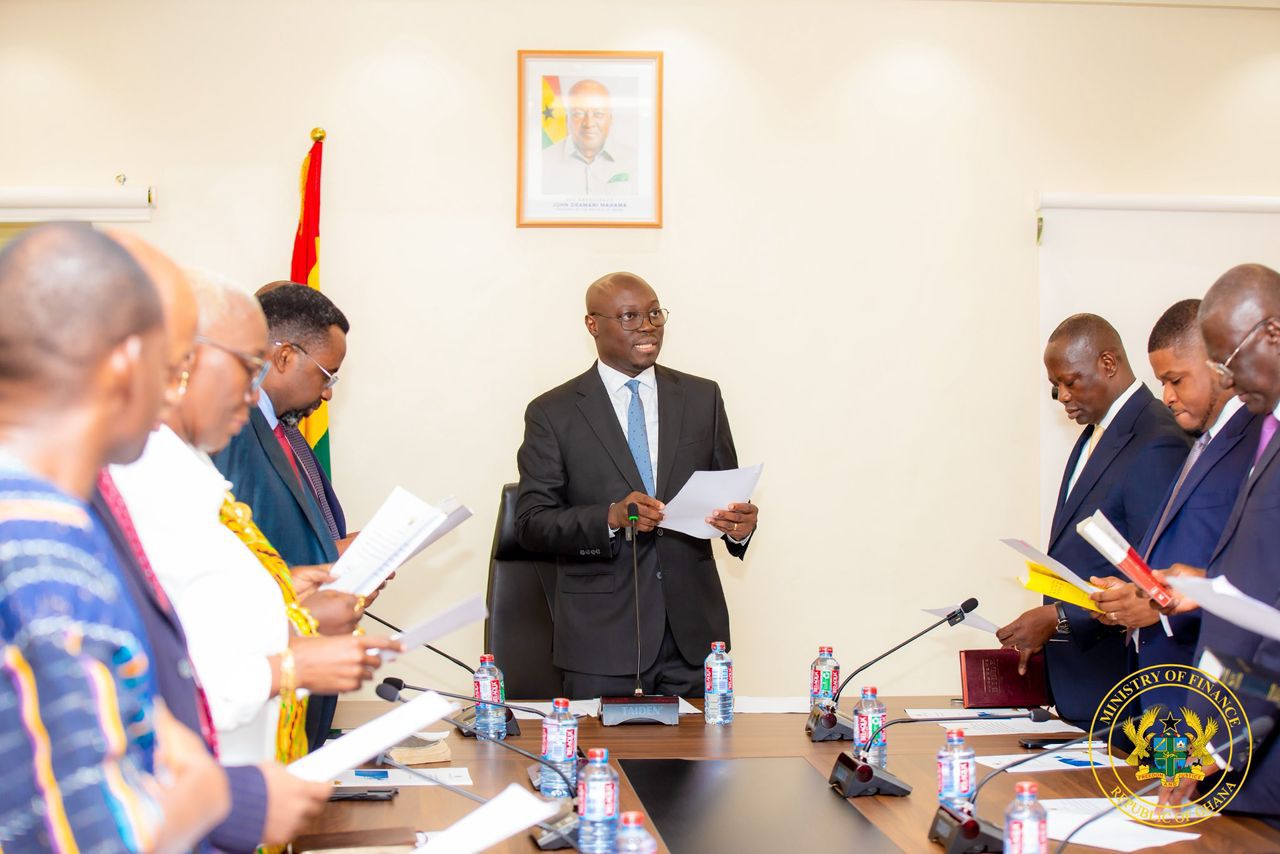Ghana's Cedi Outperforms the Rand: A sign of economic progress under Mahama?
Recent reports indicate a significant shift in the financial landscape: the Ghanaian Cedi (Ghc) is now trading stronger than the South African Rand. Under the leadership of President John Dramani Mahama, the exchange rate currently stands at Ghc1 = R1.45, marking a potential turning point for the Ghanaian economy and raising questions about the factors driving this performance.
This development represents a stark contrast to the past, where the Cedi often struggled against major currencies. The strength of a nation's currency is often seen as a reflection of its economic health and stability. A stronger Cedi suggests increased investor confidence and potential economic growth within Ghana.
While the exact reasons for this resurgence are multifaceted, examining the potential contributing factors under Mahama's presidency is crucial. The government may have implemented specific economic strategies that have fostered this positive trend. It is important to delve into the policies adopted and their potential impact on the Ghanaian economy.
One crucial element often linked to currency stability is fiscal policy. Prudent fiscal policies, characterised by responsible government spending, effective revenue generation, and controlled borrowing, are vital for instilling confidence in the market. Under Mahama's leadership, has the government implemented measures to improve fiscal discipline and reduce budget deficits? If so, these efforts could have contributed significantly to the Cedi's appreciation.
Furthermore, the management of public debt plays a pivotal role in maintaining a stable currency. High levels of debt can erode investor confidence and weaken a currency. If the Mahama administration has successfully improved the management of public debt, perhaps by renegotiating terms or diversifying funding sources, it would have positively impacted the Cedi's value.
The strength of a currency is also intrinsically linked to its ability to attract foreign investment. A stable and predictable economic environment, coupled with attractive investment opportunities, encourages foreign investors to inject capital into the country. This influx of foreign currency then strengthens the local currency. Therefore, a key question becomes: What measures has the Mahama administration implemented to attract foreign investment and create a more favourable business climate in Ghana?
While acknowledging the potential positive impact of these factors, a balanced perspective requires acknowledging the limitations of focusing solely on these elements. Global economic trends, commodity prices, and other external forces can also exert significant influence on a currency's value. It's therefore essential to consider the broader context within which the Cedi's performance is unfolding.
Moreover, it's crucial to analyse the sustainability of this trend. Is the Cedi's strength based on short-term measures or long-term structural reforms? True and lasting economic progress requires sustained efforts to improve productivity, diversify the economy, and create a more inclusive growth model.
In conclusion, the fact that the Ghanaian Cedi is now stronger than the South African Rand is a noteworthy development under President John Dramani Mahama's leadership. While potential contributing factors such as prudent fiscal policies, improved public debt management, and increased foreign investment are plausible explanations, a thorough and nuanced analysis is required to fully understand the drivers behind this positive trend.
Furthermore, it's imperative to assess the sustainability of this progress and ensure that it translates into tangible benefits for the Ghanaian people through long-term economic development and improved living standards. The performance of the Cedi serves as a potential indicator of progress, but sustained vigilance and strategic planning are crucial to solidify Ghana's economic gains in the years to come.










